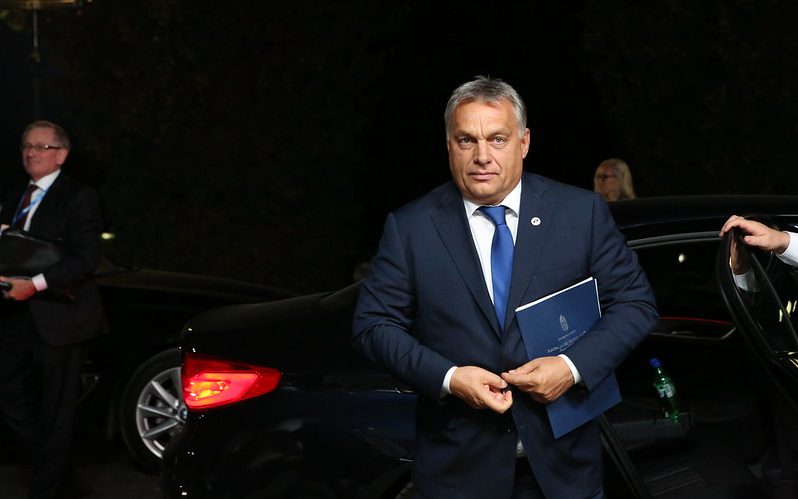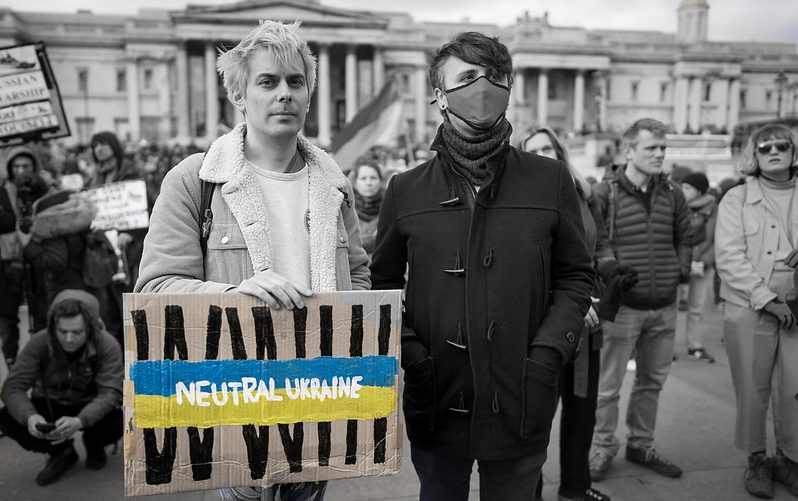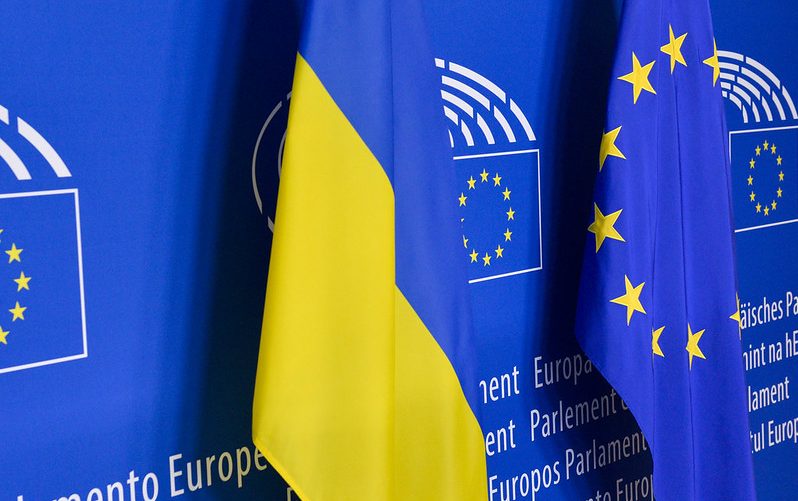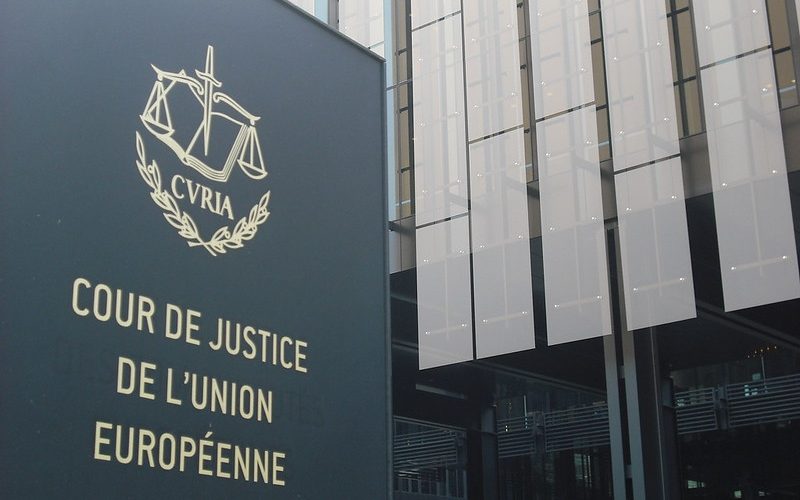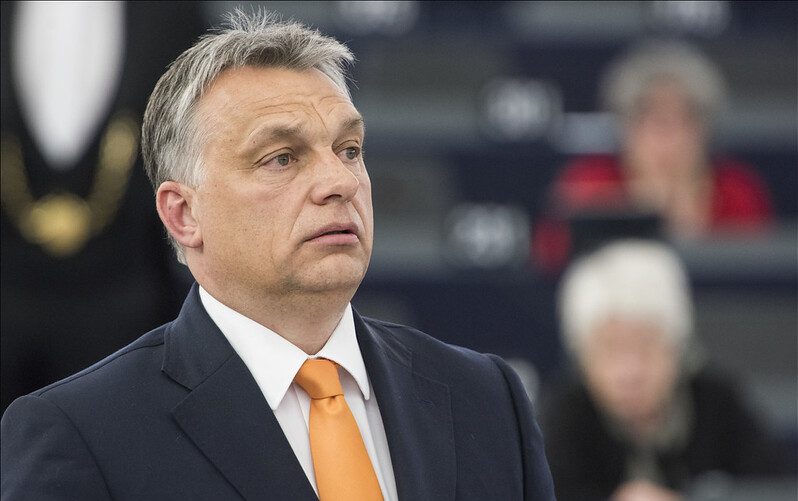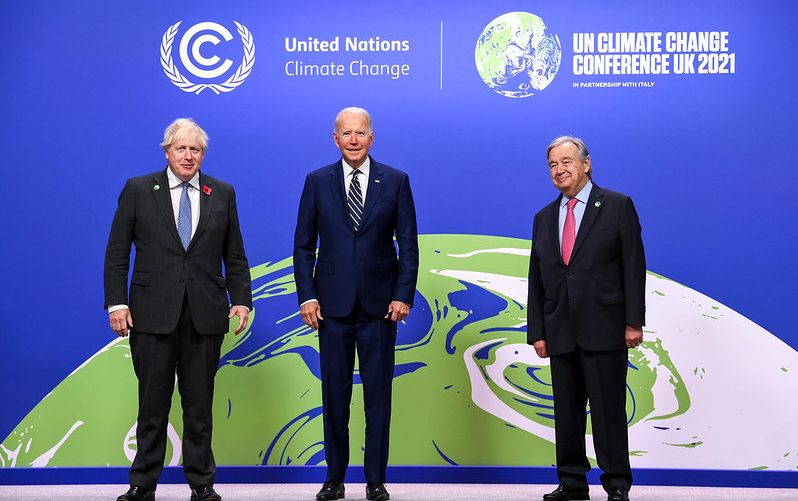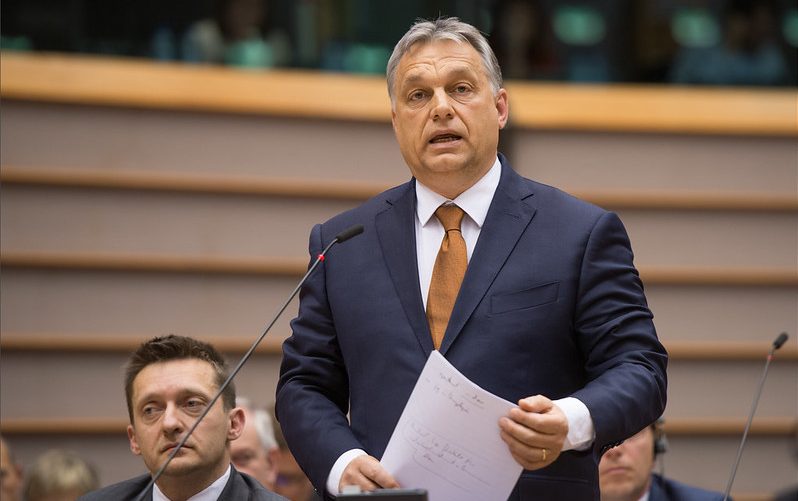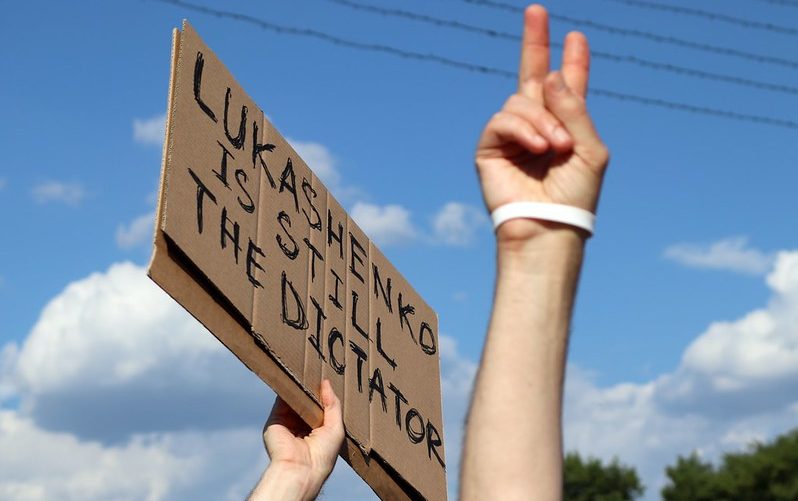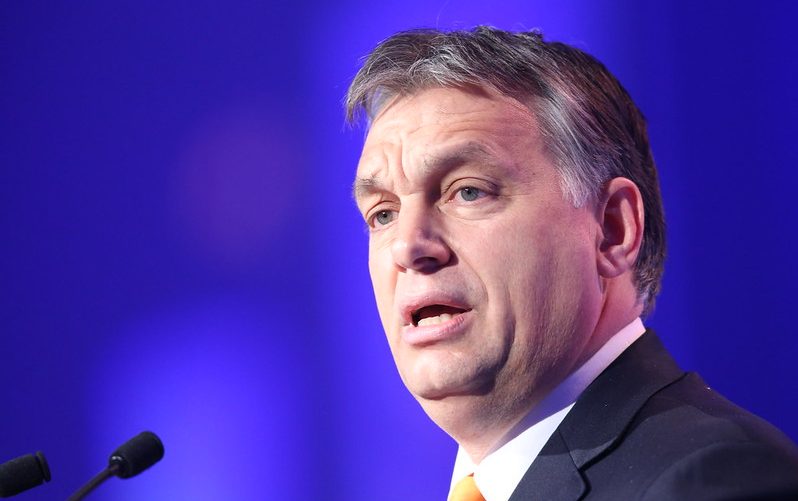
Orbán 4.0 – How Fidesz secured an election victory and what it means for Hungary and Europe
To most, it did not come as a surprise when it was announced in the late evening hours of April 3rd that Hungarian prime minister Viktor Orbán once again prevailed in the parliamentary elections, winning his fourth consecutive term. His electoral victory will likely embolden Orban to stand his ground vis-a-vis the EU and further transform the country into a quasi-autocracy under his reign.

